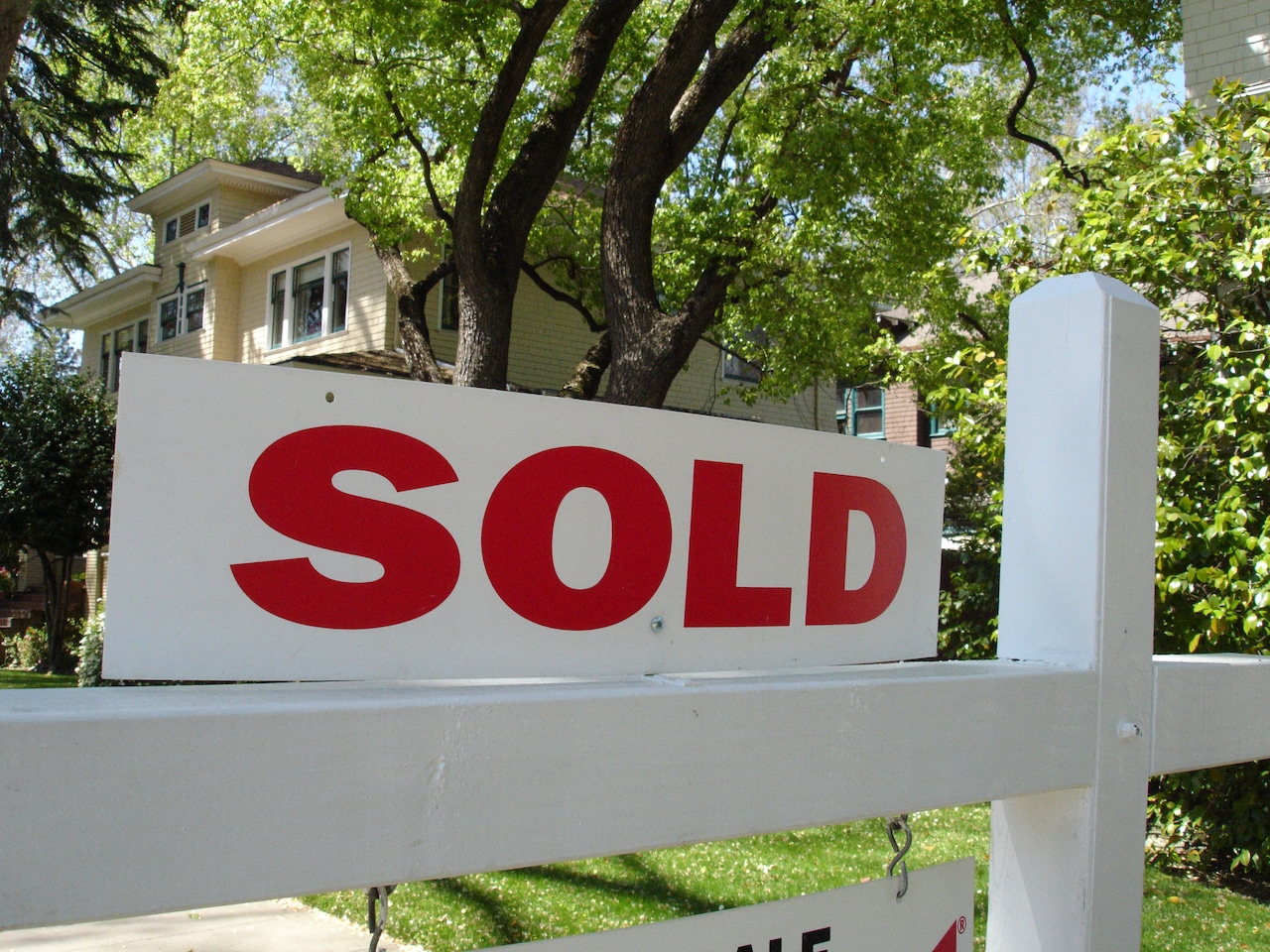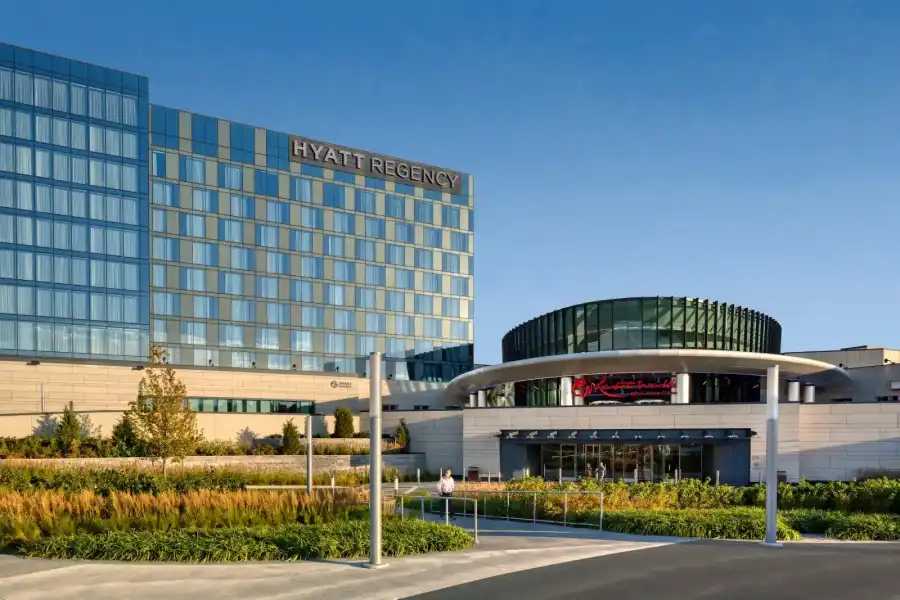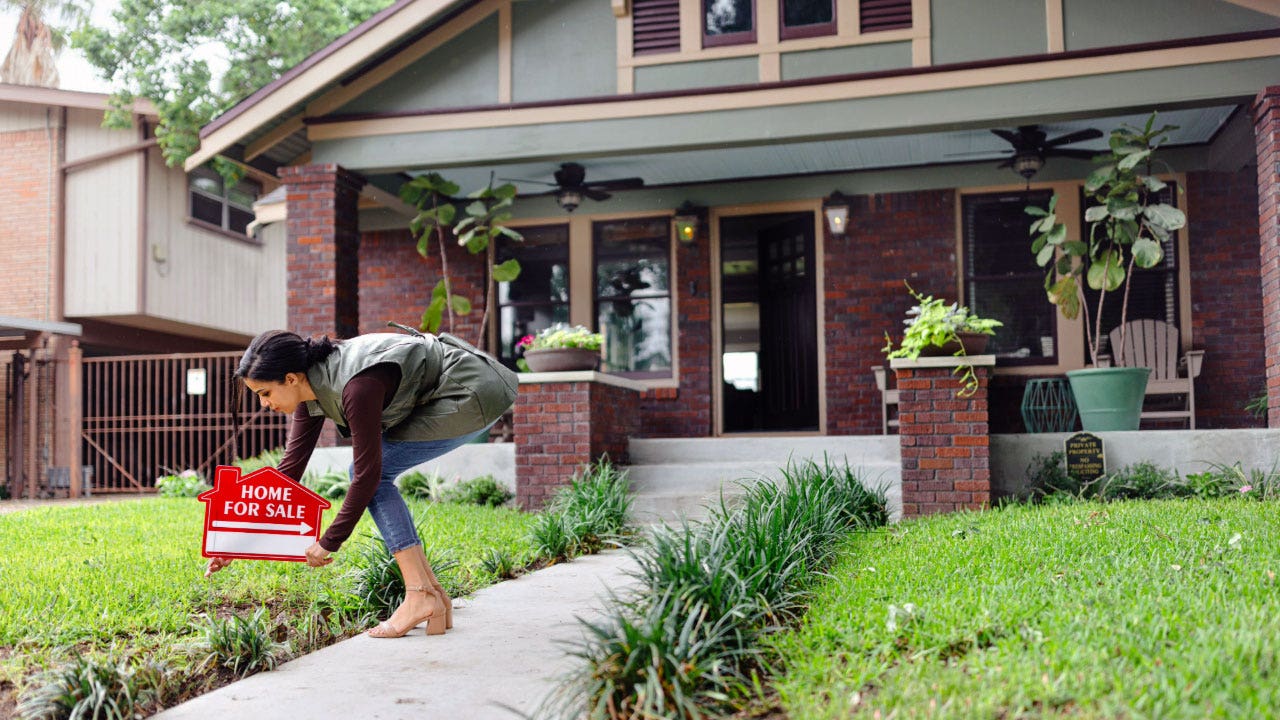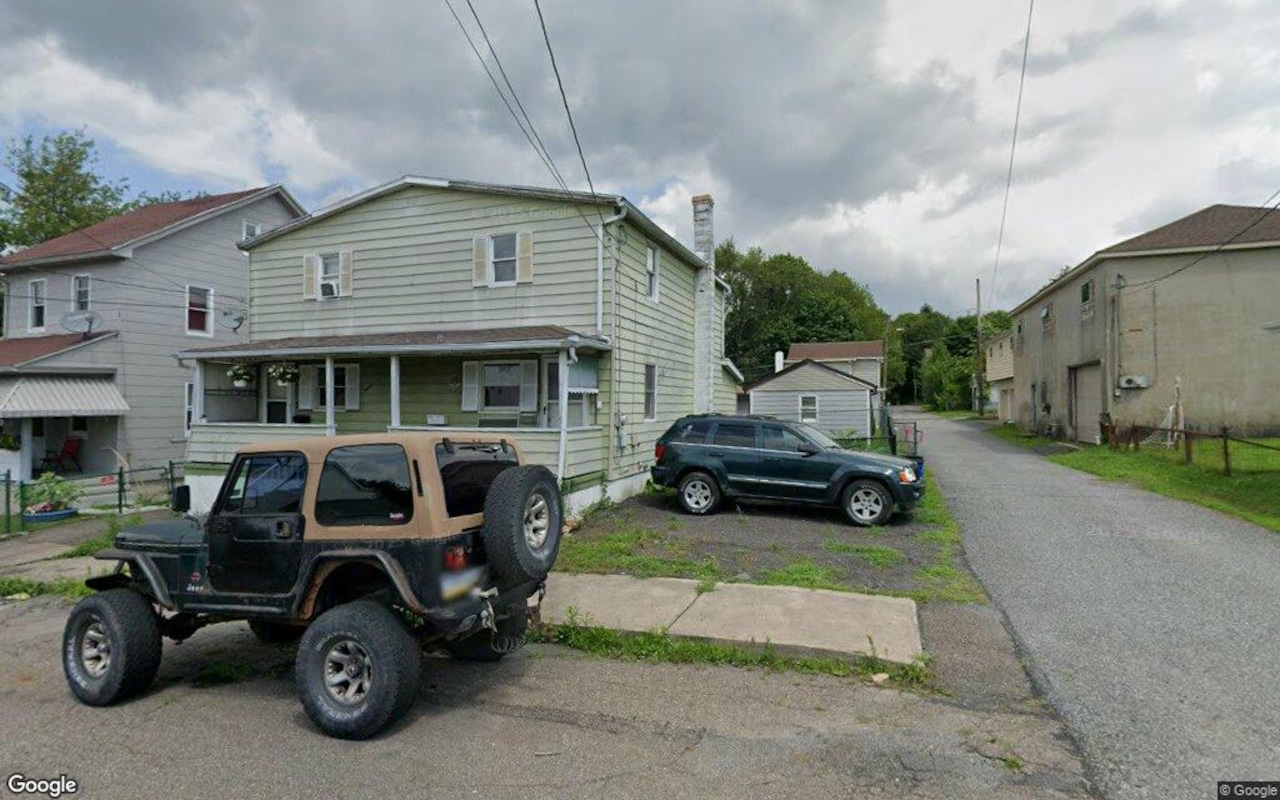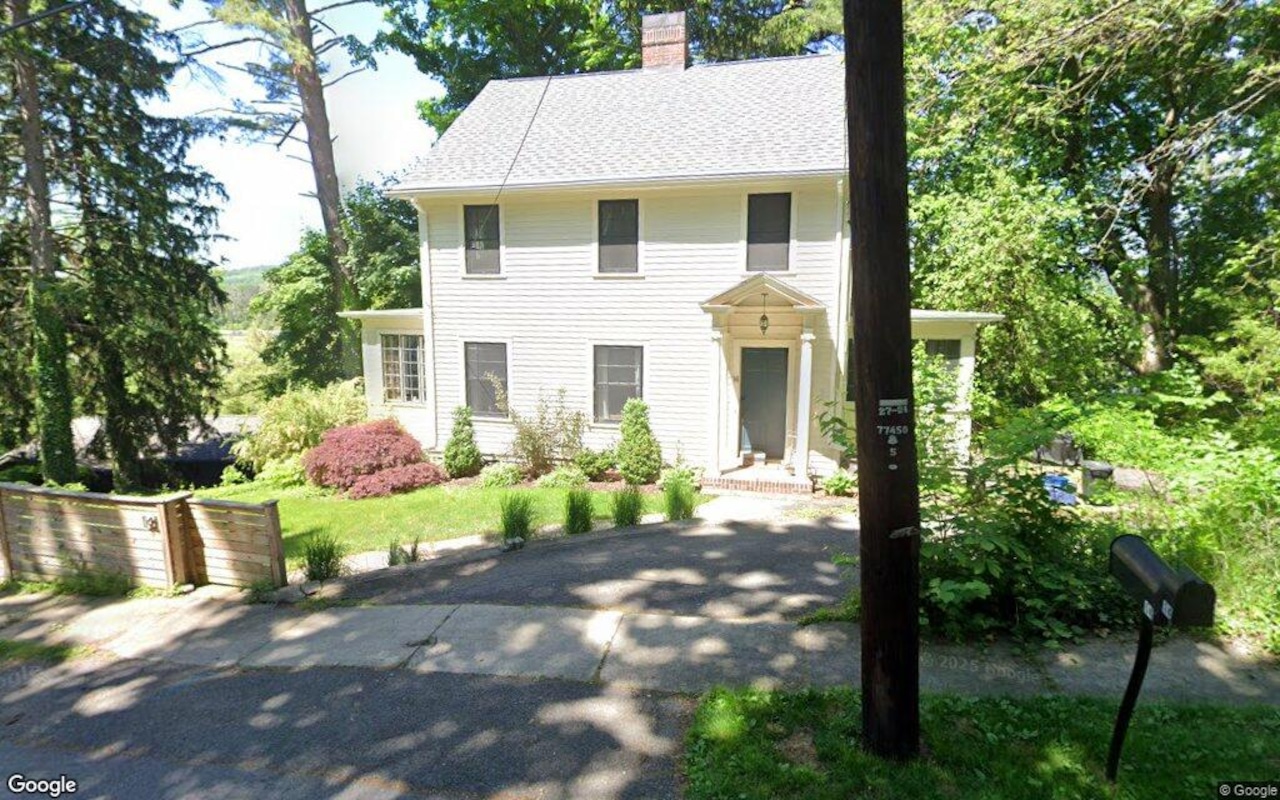T
he pandemic has forever changed how businesses operate, forcing a seismic shift towards remote work that has transformed not only where we work but also how we live. With the rise of video conferencing as the new norm, employees have invested in crafting ideal home offices that balance comfort and productivity.
According to the Bureau of Labor Statistics' Time Use Survey for 2023, approximately 35% of U.S. workers continue to perform some tasks from home, a significant increase from two decades ago. Remote work is no longer a temporary solution but a permanent fixture of modern life.
This transformation has had a profound impact on the real estate market, with companies facing a surplus of unused commercial space due to reduced commuting needs. Moody's Analytics forecasts that nearly 25% of office spaces in the U.S. could remain vacant by 2026.
Innovative solutions are emerging, such as retrofitting office buildings into residential or mixed-use properties that blend work and living environments. Firms like Black Salmon are pioneering this shift with projects like a proposed 36-story mixed-use tower in Miami's Edgewater neighborhood.
As employees prioritize autonomy and flexibility, they're migrating away from dense urban centers in search of affordable housing and higher quality of life. Urban planners and developers are reimagining cities to accommodate hybrid lifestyles that blend metropolitan amenities with suburban comforts.
New mixed-use developments symbolize this vision, offering versatile spaces that adapt to work-from-home needs while fostering community interactions. Proptech investors see the fusion of traditional office and multifamily properties as a key trend, with the home office becoming an essential aspect of listings.
Business leaders must recognize that the future of work and living are intertwined, requiring policies that align with employees' evolving lifestyles. Offering stipends for home office setups or partnering with property technology firms to provide housing benefits in mixed-use communities can be part of a forward-thinking strategy.
By embracing flexibility and proactively shaping physical and cultural environments, organizations will attract top talent and contribute to a more sustainable future. Business leaders should gather work preferences from their employees to make informed decisions about remote, hybrid, or in-office policies, setting the stage for a more connected, innovative, and resilient workforce.

